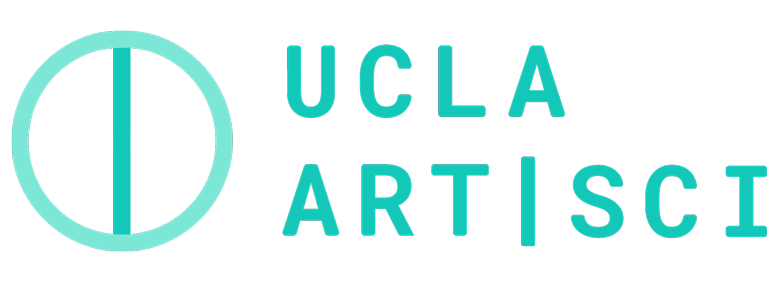Copenhagen June 4th – Join Leonardo programme!
The 4th Arts, Humanities and Complex Networks Symposium
organised by Leonardo at NetSci (8:30 am – 5 pm)
- The Data Body on the Dissection Table round table
co-organised in the evening by Leonardo/Olats and the
Medical Museion Copenhagen (6:30 – 9:30 pm)
* Short info on the 4th Arts, Humanities and Complex
Networks Symposium
The fourth Leonardo satellite symposium at NetSci2013 on
Arts, Humanities, and Complex Networks takes place on June
4th at DTU in Copenhagen. The aim of the symposium is to
foster cross-disciplinary research on complex systems within
or with the help of arts and humanities.
The symposium highlights arts and humanities as an
interesting source of data, where the combined experience of
arts, humanities research, and natural science makes a huge
difference in overcoming the limitations of artificially
segregated communities of practice. Furthermore, the
symposium focuses on striking examples, where artists and
humanities researchers make an impact within the natural
sciences. By bringing together network scientists and
specialists from the arts and humanities we strive for a
better understanding of networks and their visualizations in
general.
The overall mission is to bring together pioneer work,
leveraging previously unused potential by developing the
right questions, methods, and tools, as well as dealing with
problems of information accuracy and incompleteness. Running
parallel to the NetSci2013 conference, the symposium also
provides a unique opportunity to mingle with leading
researchers and practitioners of complex network science,
potentially sparking fruitful collaborations.
more here: http://artshumanities.
* Short info on The Data Body on the Dissection Table
Dissection reveals what lies beneath the skin, but for a
brief moment in time, and for a priviledged few. Depictions,
models, and preservations have long been used to share what
dissection uncovers; from ancient anatomical drawings to
today’s virtual 3D anatomies.
Contemporary medical sciences reveal ever more about the
complex systems of the human body – but at a barely
perceptible level. The (medical) human body today is
understood, tested, and treated as a huge system of data,
including complex interactions between our genetic material,
our environment, and our host of microbial companions.
How do we grab hold of this data? How do we make sense of it
and communicate it to others? How do contemporary artists
and designers give our ‘data body’ material form through
images, sound, and touch? What kind of tools are complex
networks science proposing, and what kind of body do they
reveal?
Speakers include Albert-László Barabási, Distinguished
Professor and Director of Northeastern University Center for
Complex Network Research, Boston; François-Joseph Lapointe,
Professor at the Biological Sciences Department, University
of Montreal and Artist; Annamaria Carusi, Associate
Professor in Philosophy of Medical Science and Technology at
the University of Copenhagen and Jamie Allen, Artist and
Head of Research at CIID/Copenhagen Institute of Interaction
Design.
The event is co-organised by Leonardo/Olats and Medical
Museion under the EU Studiolab framework, and in conjunction
with the Leonardo Day "Arts, Humanities and Complex
Networks" satellite event for NetSci 2103.
More here: http://www.olats.org/

